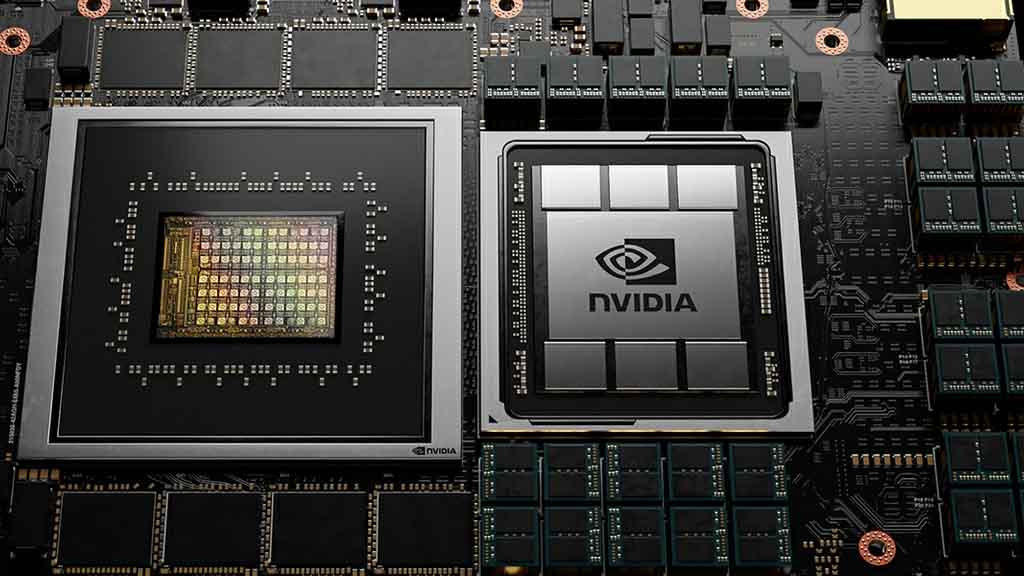Beijing has fired another shot in the escalating tech war! In a move that has sent ripples through the global semiconductor industry, China’s state media has reportedly labeled Nvidia’s new H20 graphics processing unit (GPU) as “unsafe.” This explosive claim immediately raises questions about its true motive and whether it’s a strategic maneuver to boost domestic champions like Huawei.
The ‘Unsafe’ Verdict on Nvidia’s H20
While specific details on the alleged safety concerns remain scarce, the pronouncement from influential Chinese state-backed outlets is undeniably significant. The Nvidia H20 chip is a modified version of its powerful data center GPUs, specifically designed to comply with U.S. export restrictions aimed at limiting China’s access to advanced artificial intelligence (AI) hardware.
For China’s state media to declare such a widely anticipated chip as “unsafe” without extensive technical justification is a bold step. This statement could potentially deter Chinese companies from adopting the H20, despite its compliance with current regulations.
A Strategic Boost for Huawei?
The timing and nature of this accusation are particularly intriguing, leading many to speculate about the underlying agenda. Many analysts are asking: Is this a “green signal” for Huawei?
Huawei, a Chinese tech giant that has faced severe U.S. sanctions, has been making significant strides in developing its own advanced chips, including AI accelerators like the Ascend series. By casting doubt on the safety and reliability of foreign alternatives such as Nvidia’s H20, Chinese state media could effectively be steering domestic firms towards home-grown solutions.
This narrative aligns perfectly with Beijing’s long-standing push for technological self-sufficiency and reducing reliance on foreign technology, especially in critical sectors like AI and high-performance computing.
The Broader Tech War Context
This latest development is yet another chapter in the ongoing technological rivalry between China and the United States. With Washington continuously tightening export controls on advanced semiconductors, China is under immense pressure to accelerate its own chip development capabilities.
Statements from state media often serve as an indicator of government policy and strategic direction. If Chinese companies are encouraged to view foreign chips as “unsafe” or unreliable, it creates a powerful incentive to invest more heavily in and adopt domestically produced alternatives.
What’s Next for Nvidia and Huawei?
For Nvidia, this presents a significant challenge. The H20 was designed as a crucial component of its strategy to retain market share in China amidst restrictions. A sustained campaign questioning its safety could severely impact its sales and reputation within the lucrative Chinese market.
Conversely, for Huawei and other Chinese chipmakers, this could be the validation they need. A push from state media, implying a preference for domestic tech, could translate into increased orders, funding, and a faster path to market dominance within China.
The coming months will reveal the true impact of this “unsafe” claim, but one thing is clear: the global tech landscape continues to be shaped by geopolitical tensions, with major players constantly adapting to a rapidly evolving environment.






